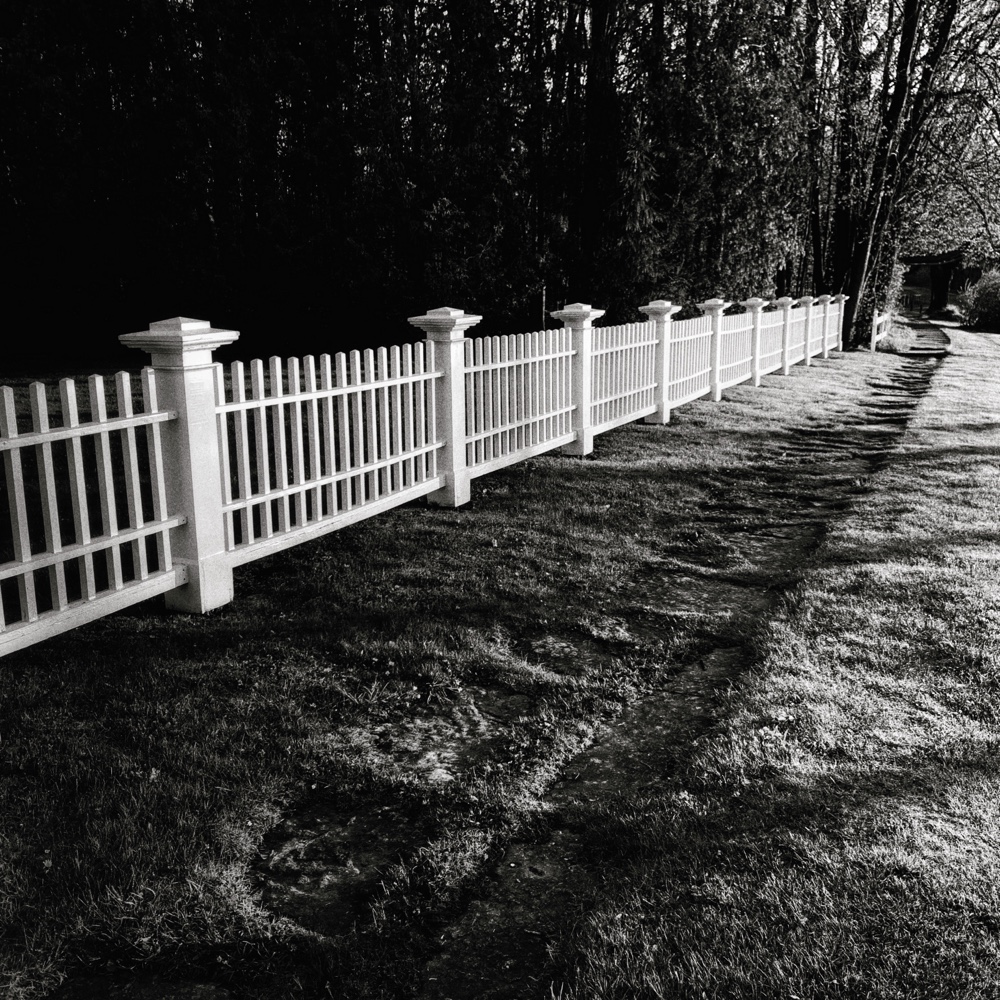
Many of us are familiar with Robert Frost’s poem, “Mending Wall“. In particular, this legendary refrain has become a sort of aphorism in the worlds that many of us inhabit.
“Good fences makes good neighbors…” — Robert Frost, “Mending Wall”
As an down-to-earth consideration of this metaphorical truth — one side spoken but unreflective and presumably intransigent, the other side less certain, wondering, questioning — the poem puts the reader in a queer spot. Perhaps both sides are familiar. Perhaps both the conviction and the questioning dwell within us. And yet we likely fall on one side or the other. Perhaps we allow the wisdom of the ages to guide us.
The gaps I mean,
No one has seen them made or heard them made,
But at spring mending-time we find them there.
I let my neighbor know beyond the hill;
And on a day we meet to walk the line
And set the wall between us once again.
We keep the wall between us as we go.
To each the boulders that have fallen to each.
— Robert Frost, “Mending Wall”
Somehow we’re all too often willing to accept that reinforcing a healthy distance, insulating ourselves, separating and protecting ourselves will serve us well. Or at least it will avoid the risk of commingling and wandering and trusting and… And what?
Near the end of the poem Frost offers a counterpoint to the deeply etched aphorism.
Before I built a wall I’d ask to know
What I was walling in or walling out,
And to whom I was like to give offense.
Fencing In/Out
If uncertain who or what or why we’re fencing in and out, we still come up with reasons to reinforce delineating habits. Clear boundaries minimize disagreements. Clear boundaries underpin understanding and consensus. Borders, margins, limits yield the unknown known. Corralling and framing and stockading simplify and clarify. Yes. Usually. But at what cost? Who is hurt? Who is offended? What discourse and interaction is hemmed out?
This evening I unwind a day of reminders that too often we follow the protocols of our forbears without pausing to wonder if they still serve us. Without pausing for compassion, to question whether they serve other, even those we assume that we are serving.
Leave a Reply